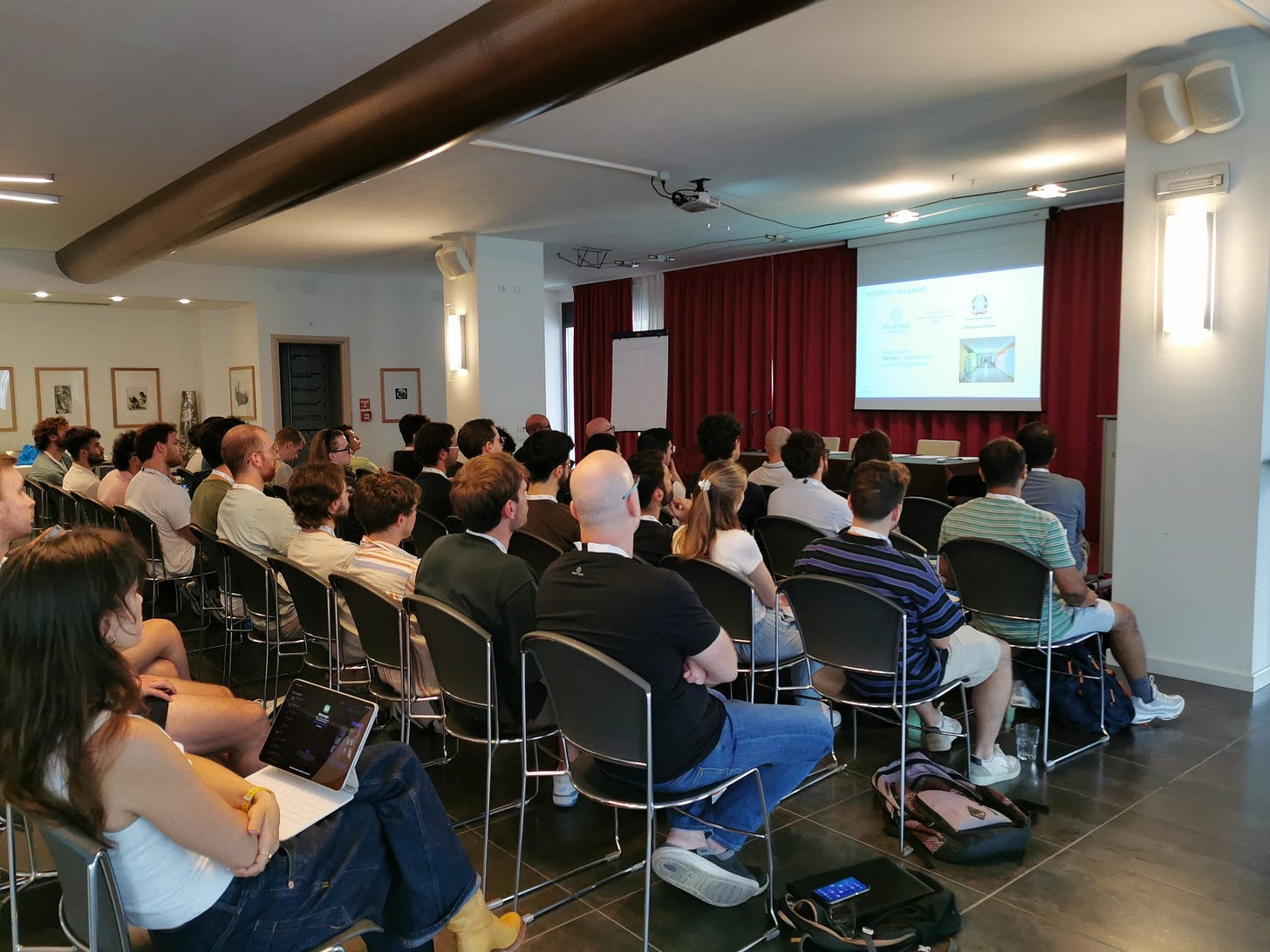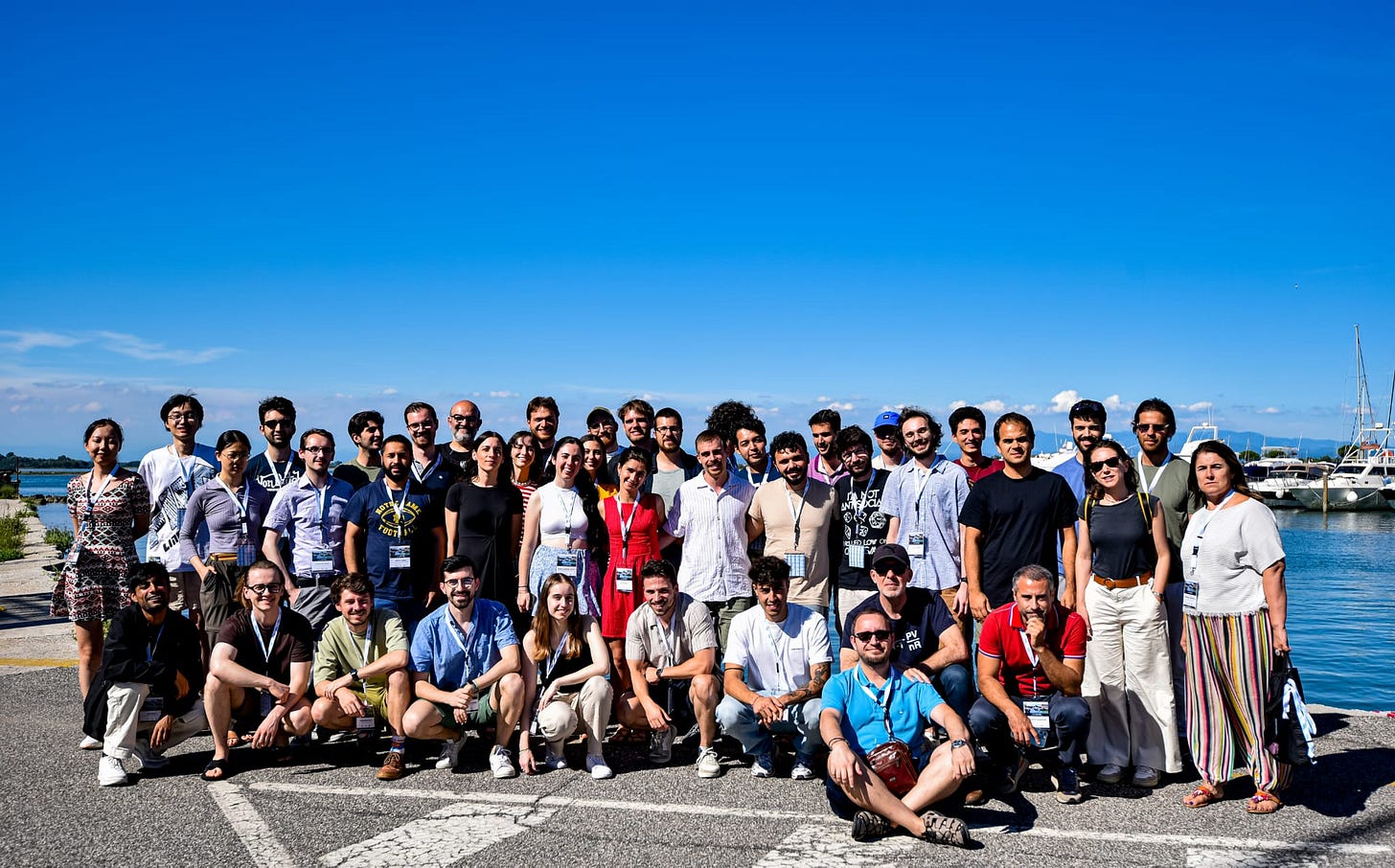In 2014 I have co-founded the Mediterranean School of Complex Networks with Alex Arenas, and in 2020 we have joined efforts with the International School on Informatics and Dynamics in Complex Networks. It became a standard appointment for young network scientists and, to date, with the help of our colleagues we have trained almost 400 people at different stages of their career.
“I try to always say yes to school invitations. They are the ideal opportunity to nurture the next generation of scientists, and also leave an imprint. This time I felt that the MSCX was precisely that - it was truly focused on the students, with the speakers making every effort to teach rather than just give talks. It was very fulfilling to see like minded researchers who do their best to support, empower and nurture the students. And, of course, the student participants were simply amazing. I really enjoyed every moment.” — Baruch Barzel, Bar-Ilan University
We had to skip two editions (2020 and 2021) because of the COVID-19 pandemic, and we have just finished the 9th edition. Five days full of network science and complexity science, with 40+ attendants from around the world, and a rich program covering systems biology, ecology, statistical physics, data science (well done), epidemiology, and machine learning. Embedded in a beautiful environment:

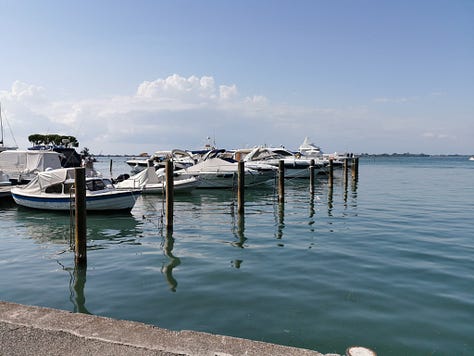
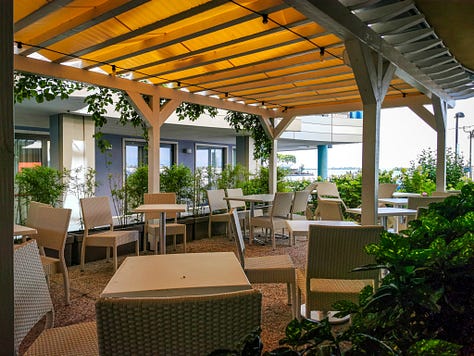
“The distinctive feature of the school is the commitment of professors to really teach a topic. I returned from the school with a lot of papers to read and things to think about more deeply. The atmosphere of the school was also fantastic. Students had a great time, apart from learning about complexity, modeling, robustness, …” — Josè Cuesta, UC3M
Why should I write about the school now? Well, it has been a great experience as the previous editions, but this year I have clearly felt an attempt, from all the speakers, to focus towards specific goals and keywords: modeling, robustness, adaptation, recovery.
On the one hand, we had great lectures covering the fundamentals of network and complexity science, talking about structure, dynamics and function, with mathematical rigor and theoretical ground.
On the other hand, there was an overall attempt to show why and how these concepts are useful: from assessing early-warning signals of system’s disintegration to revive a dysfunctional network, from assessing the fragility of ecosystems to quantify the impact of epidemics or climate change on socio-ecological systems and infrastructures.
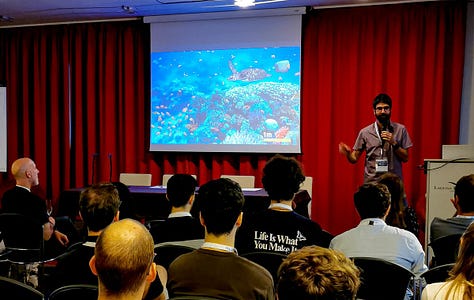
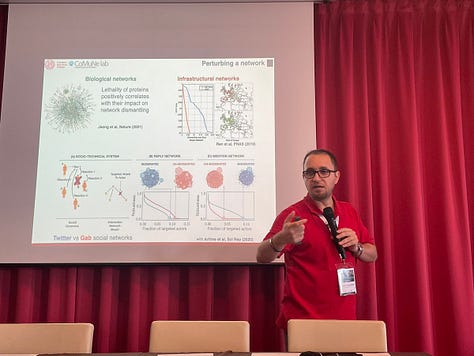
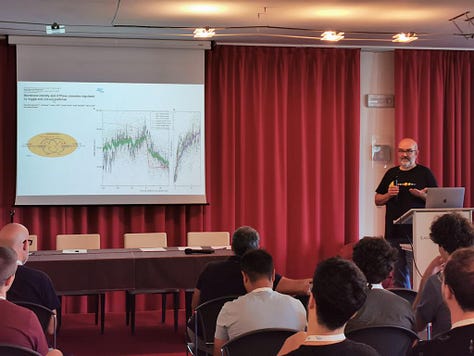
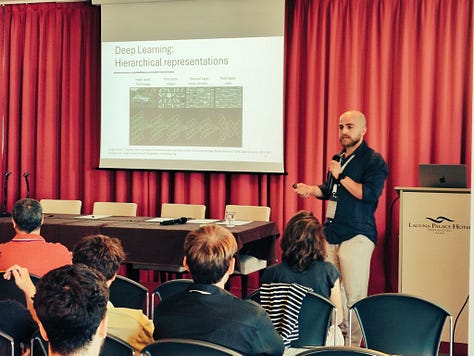
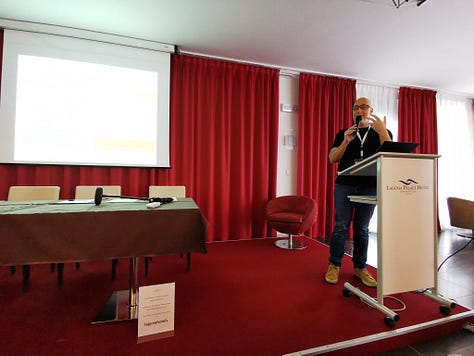
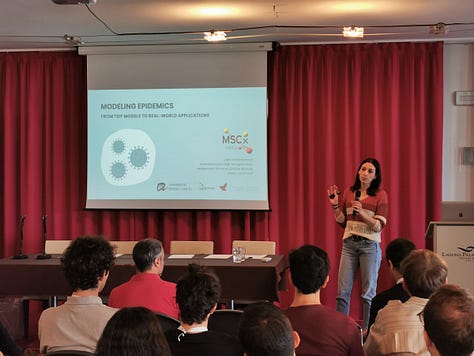
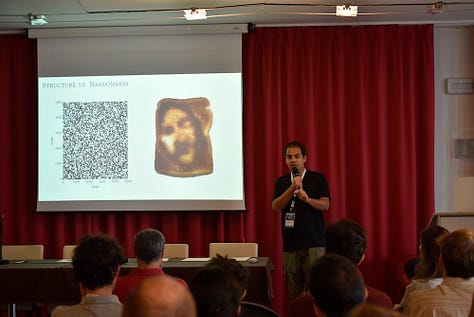
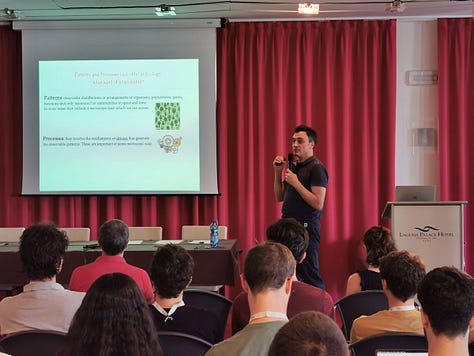
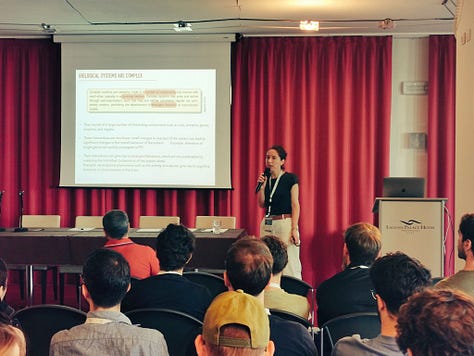
“The Mediterranean School of Complex Networks is a well established and unique venue for early career researchers to get a broad overview of the current topics in the field, learn from some of the most prominent experts, and perhaps most importantly: learn from one another! Unlike many topical conferences and workshops, the focus of the school is the activity and involvement of the students.” — Tiago Peixoto, CEU
An important role has been played by modeling, from different perspectives:
modeling by means of explicit hypotheses about the mechanisms
sloppy modeling
modeling by “knowing” the network structure
modeling under uncertainty about the network structure
The needed trade-off between the goals of science in general emerged: descriptive vs predictive vs prescriptive analysis and investigation was a recurrent topic.
What is the strength of network science? What are the weak points of our investigation methods? Can we use different lenses to look at the same phenomena? Just a few of the many questions discussed at MSCX IX.
Personally, I have discussed about measuring robustness and resilience of complex networks, with an overview from different perspectives. Part of the discussed topics can be found in this post:
It takes a lot of work to organize a school like this, and it’s rewarding to listen to the positive feedbacks of our students and lecturers.
What about the next edition? Stay tuned for the call to MSCX X.




